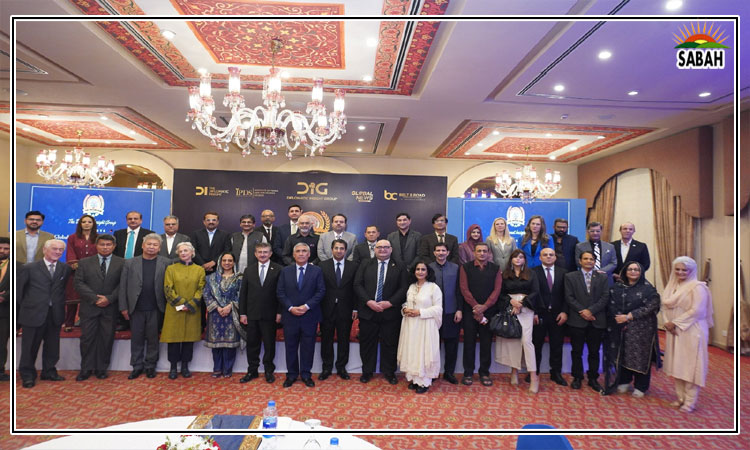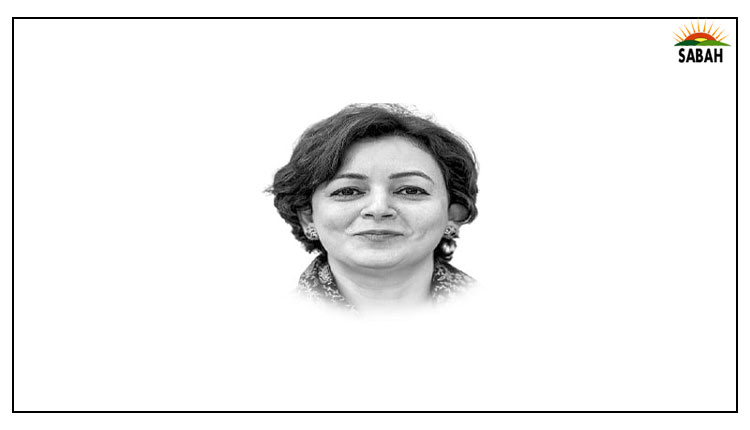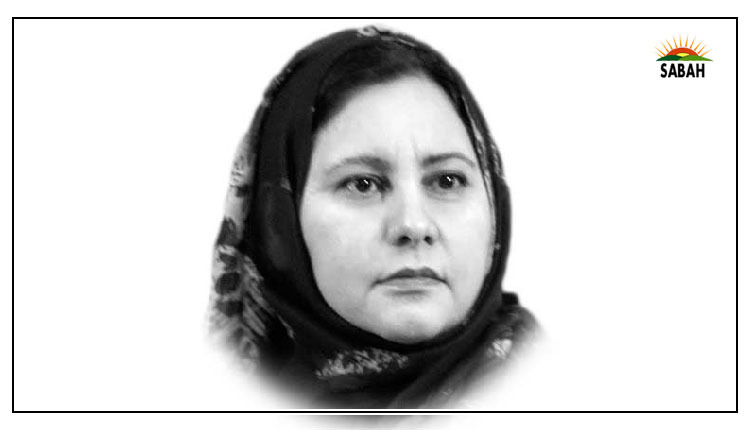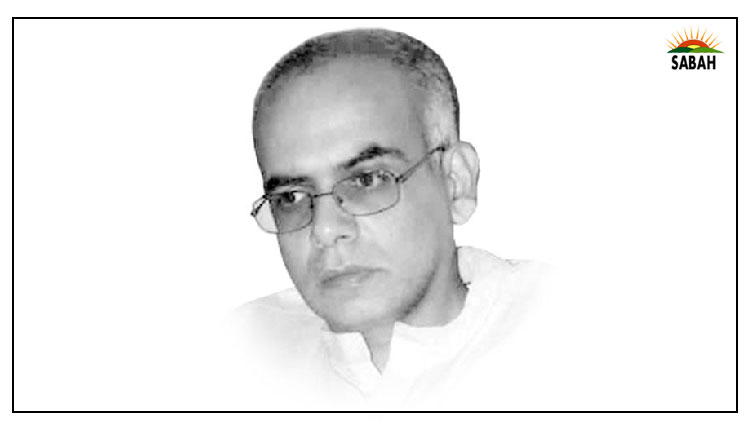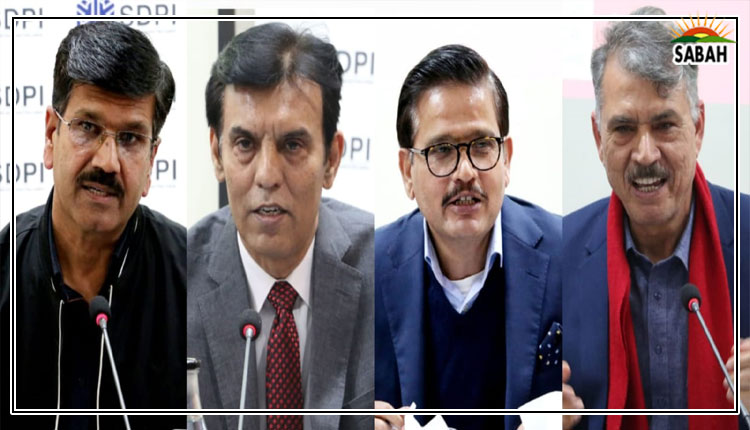Food System Dashboard a troubleshooter for policymakers, academia: Experts
ISLAMABAD, Feb 02 (SABAH): Experts at a seminar termed the recently established Pakistan Subnational Food System Dashboard as a problem-solving advanced solution for the policymakers and academia working in the field of agriculture and food security.
The seminar titled, “Using Digital Platforms for Sustaining Food Systems”, was organized by the Sustainable Development Policy Institute (SDPI) in collaboration with the Global Alliance for Improved Nutrition (GAIN) here.
Speaking on the occasion, Dr. Ghulam Sadiq Afridi, Member of Social Sciences, Pakistan Agricultural Research Council (PARC), said though the country has the world’s one of the most diverse and beautiful agricultural landscape, it is ranked eighth globally in farm production.
The establishment of Pakistan’s Subnational Food Systems Dashboard by the Ministry of National Food Security and Research in partnership with the Global Alliance for Improved Nutrition (GAIN) and housed in the Pakistan Agriculture Research Council (PARC), is the critical step towards the provision of easy access to the available data.
“We are going to initiate specific interventions for food system transformation and Sustainable Development Goals (SDGs). Five Action tracks committed by Pakistan to the UN have been completed and all these are interconnected to SDGs,” he said.
Dr. Ghulam Sadiq Afridi noted that the food system dashboard is necessary to consult and guide different kinds of reports on nutrition and health, whereas some 226 indicators were covered by the Global Food system dashboard that encompasses key indicators like drivers of the agriculture sector, crosscutting issues, food supply chains, environmental impacts, and the individual factors. The food system dashboard is easily accessible and interactive with downloadable data, which is beneficial for academia and students, he said, adding that “on the global lines, PARC has developed the local food system dashboard.”
Dr. Abid Qaiyum Suleri, SDPI Executive Director, said the dashboard will carry subnational data across a range of key food system indicators to support national and sub-national level stakeholders with better planning. While sharing lessons from SDPI’s contribution to the Digital Transformation of the Food System in Pakistan, Dr. Suleri said that the Food Security Dashboard aimed to monitor the supply and demand of essential food commodities and the resulting changes in prices, however, it is of no avail unless the data is fed into the system daily. For this purpose, the Food Security Information Flow Bill was approved by the federal cabinet and the SDPI team provided support in drafting the bill, he maintained.
Earlier, Faiz Rasool, Senior Policy Advisor, GAIN, said “Pakistan is a country where nutrition emergency should be imposed as 42% of its child population is malnourished and 82.8% Pakistanis are unable to have a healthy diet,”. He mentioned that the government of Pakistan has acknowledged GAIN’s priority areas and added them to its plan of action. “Understanding of the food systems needs to be recognized while refining public policies, and formulation of tools needs to be done for improving food systems,” he said. The GAIN senior advisor noted that there are data constraints in the realm of food and agriculture systems, whereas the understanding of food systems is a world-over problem.
Nadeem Iqbal, CEO of The Network for Consumer Protection, said the dashboard needs to provide data pertaining to the origin of the commodity, its seasons and availability. However, the food system components of Pakistan are mainly the farmer, middleman and the consumer whereas the price hike in food commodities is complex as it was spiking up despite the global declining trend in prices of food items.
In Africa, he said, a 40% increase in the wholesale agriculture products market resulted in a 70% rise in retail markets. Around four billion masses world over are unable to access healthy diets due to corporate entrenchment and vested agendas, he said and stressed the need to break the middleman link for facilitating the poor masses as there have been bodies and committees at the national level to manage prices of commodities, but no success has been achieved so far,” he added.


